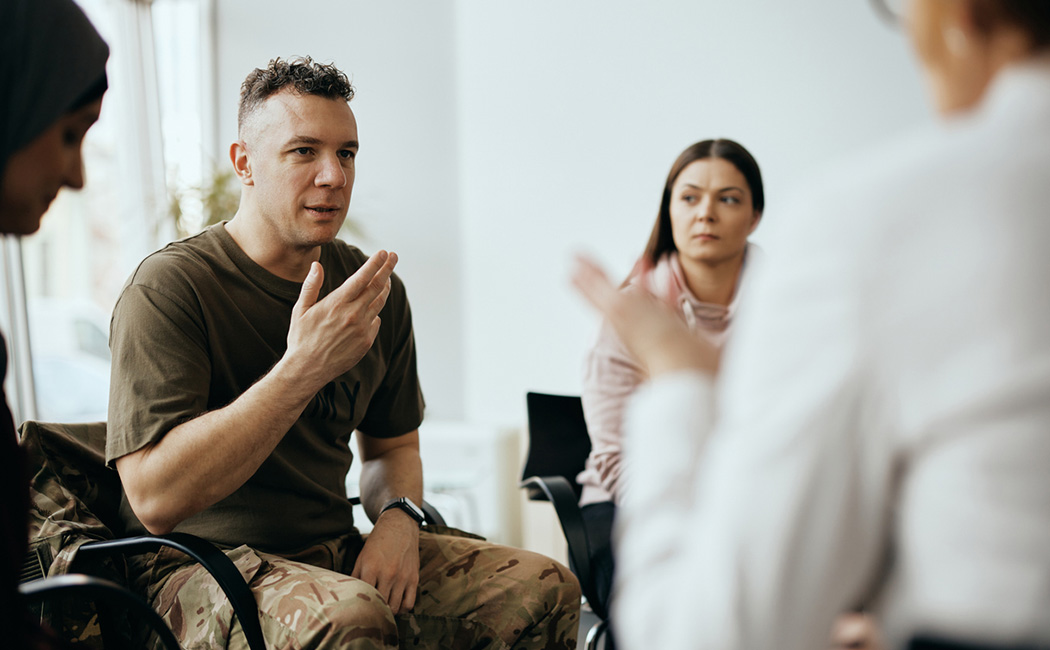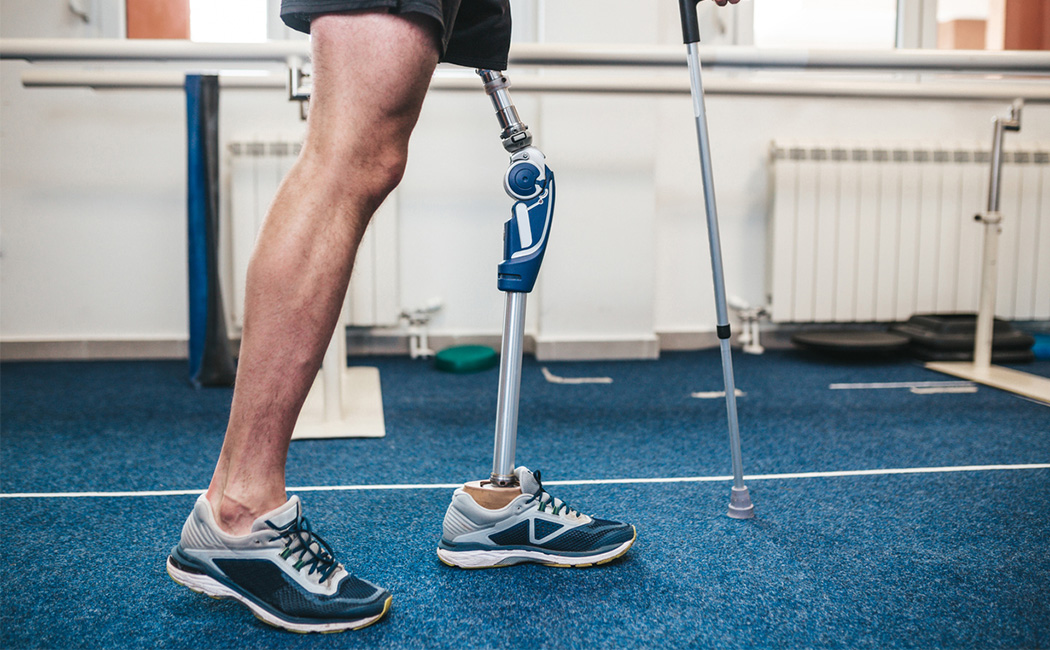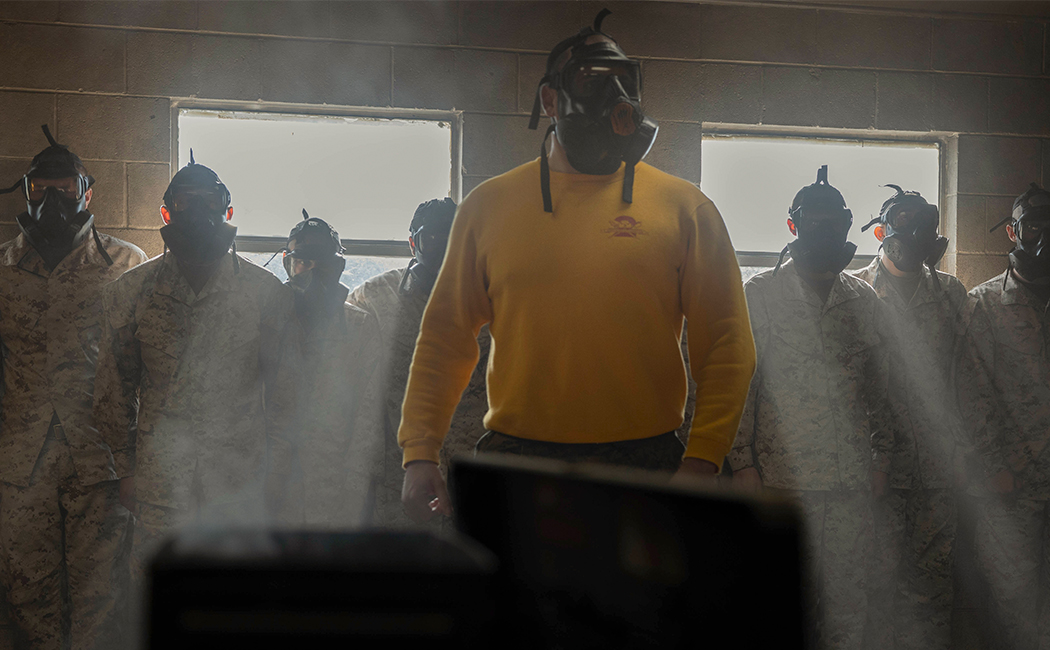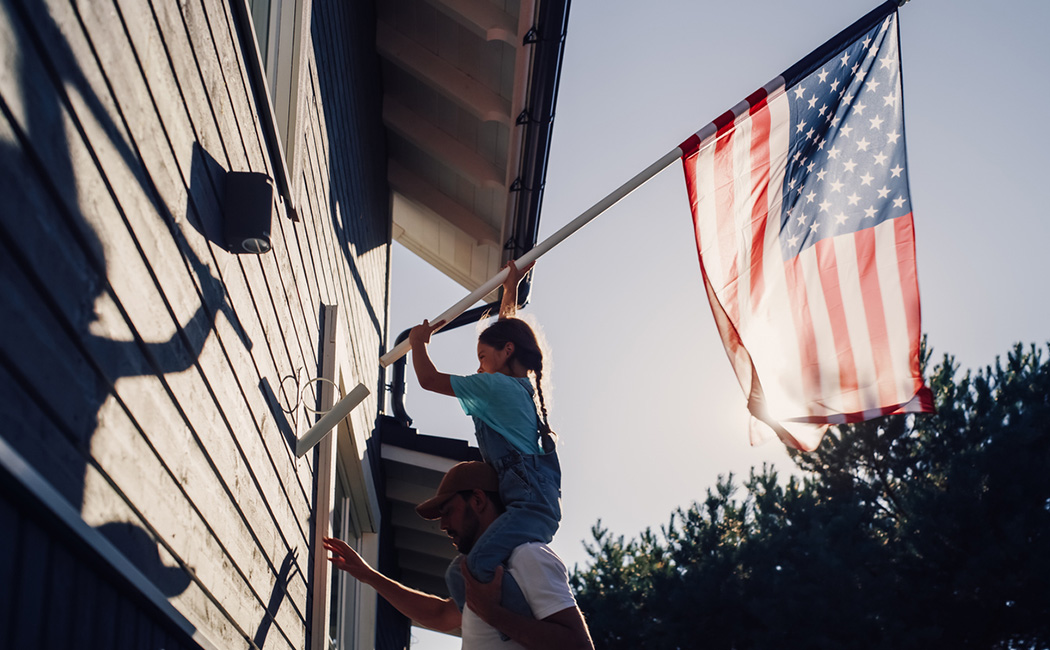Column: Virginia, don’t further complicate veterans’ disability benefits
By Scott Vadnais
Originally Published in The Virginian-Pilot
When I retired from the Air Force nearly 20 years ago and settled in Virginia, I did what many friends did and filed for Veterans Administration (VA) disability, having suffered from injuries during 22 years of active duty worldwide.
While roughly 5 million out of 18 million veterans receive some federal disability benefits from VA, it’s often not an easy process. My experience in getting help to obtain them was challenging and — unfortunately — not unusual.
I started the process with a large veteran service organization (VSO) and submitted medical records and VA paperwork, which was extensive. After a year of waiting, I got a letter from the VA saying since no medical records were filed, they had no choice but to deny my claim. I learned the VSO had lost my medical records.
Eventually, I was able to get things back on track and received a disability rating which led to federal payments.
Fast forward 15 years or so and, on the advice of a fellow veteran, I had a free review done by a small, for-profit company. I learned I was initially registered as having no dependents despite having a spouse and four children and thus missed out on approximately $18,000 in disability pay since retirement.
The company assisted me in submitting a correction and I did get one year of back pay, of which a small portion went to the company. It was a fee I was glad to pay since I had no idea that my record had been wrong for many years.
Despite a deserved reputation about the VA disability process as daunting already, the Virginia legislature is joining states such as New Jersey to enact criminal penalties (Virginia House Bill 736) against for-profit small businesses who help veterans file claims. However, if such a bill becomes law in Virginia, how many other veterans would otherwise miss out on future benefits?
The large VSOs which have traditionally assisted veterans wading through the onslaught of paperwork of veterans impacted by the Global War on Terror, especially after the PACT Act was passed, expanding eligibility for things such as exposure to toxic burn pits.
So why are states such as Virginia working to restrict options for who can help veterans receive federal benefits? Isn’t life already hard enough for disabled veterans?
The bottom line is big VSOs receive public donations for helping veterans. Those who perform similar services for today’s shrinking pool of veterans are seen as competition for resources. So, VSOs are pressuring state legislatures because attempts to pass similar bills haven’t been successful in the U.S. Congress, which should have jurisdiction anyway. These are federal benefits, not state funds.
Though no matter who is creating the legislation, whether at the federal or state level, there is only one clear victim — the veteran.
In November, one major VSO announced a vigorous campaign against the pay-for-profit organizations, calling them “predatory sharks” which are “engaging in illegal activities.”
Having personally volunteered for years at a veterans’ non-profit which aids injured warriors in scuba diving, I understand how VSOs, big and small, can make a positive difference in the lives of others.
While some big VSOs have called these often veteran-owned, small businesses like the one which helped me “claim sharks,” I don’t see it that way. From my vantage point, it’s the bigger fish eating the little fish. State legislatures shouldn’t help them.
As a resident of Virginia, my fellow veterans should urge Gov. Glenn Youngkin to veto any such legislation and not limit opportunities for veterans to receive the disability benefits they have earned.
Retired U.S. Air Force Lt. Col. Scott Vadnais of Oakton, Fairfax County, served in the United States, Turkey, England, Saudi Arabia, Germany, Iraq and Afghanistan during his military career.








